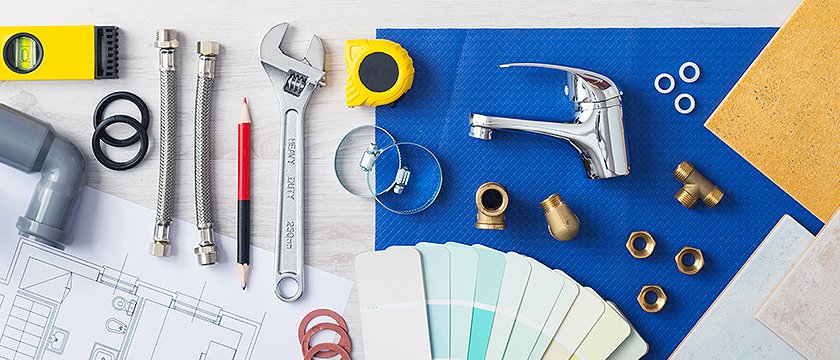
24 Nov. 16
How Plumbers Charge for Their Services, Asking the Right Questions
Plumbers, like many other trades and services have different pricing models and it can help to ask the right questions. Here are some tips to help you when calling for a plumber …
Plumbers generally have a “call-out” fee. This is a basic fact that covers the cost of travel to and from a site. The best way to avoid this is to:
- ASK upfront if there is a call out fee and what does that fee cover.
This is always the first question you should ask!
- Are you licensed?
This is the big one. Never, ever forget to ask this question, and don’t just take the plumber’s word for it. Many operate without a license, but many homeowners assume every plumber is licensed, so this question is always worth asking. Being licensed means the plumber is registered with a governing body at the state or local level. You can look up licensing rules for your own area at the and check their license here: www.service.nsw.gov.au/transaction/check-builder-or-tradespersons-licence.
What’s the problem with a great plumber who isn’t licensed? His work may not pass inspection, and you’ll have little recourse because you chose to hire him despite that fact. Always ask.
- Is there a total cost?
Most professional plumbers offer free estimates to customers — be wary of any who want to give you one over the phone, however. Most will come to check out the job before they start work. Once your prospective plumber has had a chance to look over the job and provides you with a number for cost, ask if what he has quoted you includes materials, labor and a contingency for any problems. Some estimates look great on paper but only include the basic cost of materials and will skyrocket as a job goes on.
- Is there an hourly or a flat rate?
Many plumbers build clauses into contracts that say homeowners will bear any reasonable costs to complete the job. When getting an estimate, make sure to ask if the total you’re being quoted is a flat rate — one that won’t change because of labor costs — or if your plumber is using an hourly rate plus the cost of materials. The problem with the second option is that while materials are a fixed price, if the job runs long, the cost will keep going up while you pay for labor. Make sure you know what you’re getting before you sign a contract.
- When do you expect payment?
Always ask when the plumber expects to be paid, and how much of the total cost he wants upfront. If your potential plumber asks for 100 percent of the cost before the job starts, walk away, unless it is an emergency job. Some will use a system of “milestones”: Once a certain piece of work is completed, you will be required to pay a certain percentage. Some will use time: After a specified number of weeks, you will pay a certain portion of the total cost. Milestones are often better since payment is only given out upon the completion of certain tasks. Time payments can work, but if the plumber works slowly, you may be paying too much for too little.
- Do you clean up the mess?
This seems like it should have an obvious answer, but some plumbing companies don’t clean up when they’re finished, leaving a homeowner with old parts, boxes for new materials and a giant, dirty mess. Always ask if cleanup is included as part of a quote, and if not, ask why. Some companies may charge for cleanup in addition to completing a job, and the cost may be worth it — but never forget to ask.
- What if something breaks?
Before signing any contract, ask what kind of guarantee or warranty comes with the plumber’s work. Some will promise to come back within a year and fix any problems; some will offer service only on certain fixtures in a bathroom or under certain conditions if a leak occurs. Make sure that any kind of guarantee or warranty is in writing, and that the contractor is insured.
While hiring a plumber can be a daunting task, asking these seven questions will help make sure you get someone who knows what they’re doing, does good work and won’t leave you with a half-finished project.
